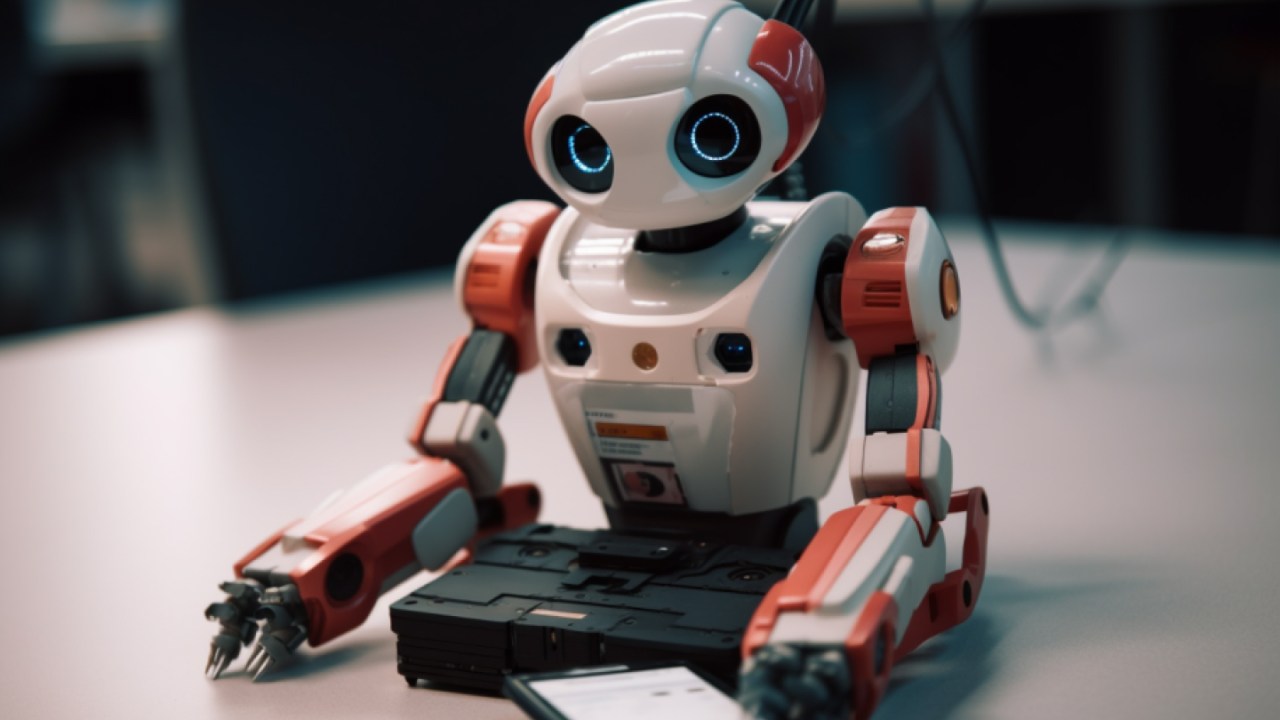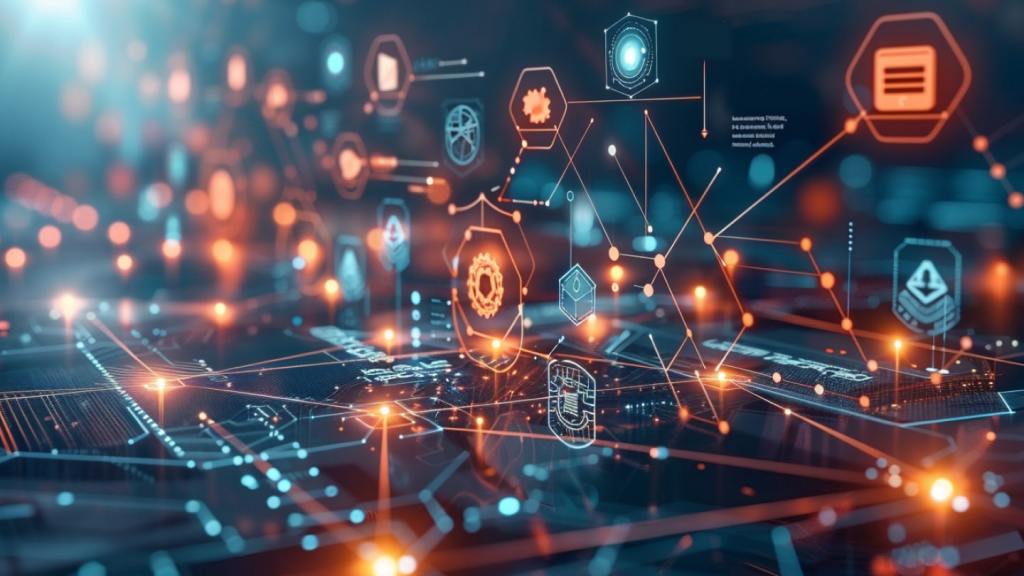The next BIG thing in Artificial Intelligence: EMOTIONAL INTELLIGENCE
Dr Daniel Goleman said, “If your emotional abilities aren’t in hand, if you don’t have self-awareness, if you are not able to manage your own distressing emotions, if you can’t have empathy and have effective relationships, then no matter how smart you are, you are not going to get very far.”
And this brings me to a question that ‘How far is too far for an AI without Emotional Intelligence?’
Demystifying Emotional Intelligence
Emotional Intelligence is the ability to understand and manage your own emotions, and those of the people around you. Majorly it comprises of five key states: Self-awareness, self-regulation, motivation, empathy and social skills.
Contrary to what one might assume, Emotions and feelings are different. Emotions are responses to what we like and dislike, and feelings are reactions affecting our behavior to what we like and don’t like. Emotions can be measured objectively by expressions or body stance, but feelings can’t be measured with this precision.
Happiness is an emotion, and hunger is a feeling.
I failed Emotional Intelligence test and cried only for 30 mins!
Human emotions, opinions and feelings are the responses to our surroundings. And these responses are shaped by our beliefs, upbringing and life experiences developed over a period. So, for AI, it is important to understand the underlying pattern of our emotions, in order to understand our decision.
We all know that AI can leverage our data and can recall everything which we might find difficult. However, AI and bots might not be able to perceive or understand human psychology without a context in place and won’t have an option to delineate human across multiple contexts.
By providing AI with such patterns and data points, we can make AI facilitate skills to connect and gain context, persuade others to make desired options.
What difference can Emotional Intelligence play?
Machines can analyze images and pick up subtleties in micro-expressions on humans’ faces that might happen even too fast for a person to recognize.
The possibilities are countless…
It can push healthcare professionals to deeply examine their patient’ emotional well-being. It can be used in politics to know people’s political views, or even for analyzing people predisposed to criminal behavior. In business, it would give them a clear understanding of their customer. Utilizing AI to develop the products and AI addressing the right questions to help business overcome through virtual reality and make the addressal of problem effective.
Just imagine, call centers with AI Bots responding to persons queries with EQ, or even AI talking to a child with autism. Perhaps someday AI can motivate us better than anyone else, helping us reach personal goals.
The way we interact with others, we gander their appearances, their body, and the way we communicate, our body posture and thoughts change automatically. I am certain that some of us would have experienced a change in our feelings when we’re listening to a motivational speaker or a business icon because they influence us. But how would a machine do that without understanding emotional states of a human?
Will AI ever be able to interpret why humans have certain urges, some of which do not form a pattern?









